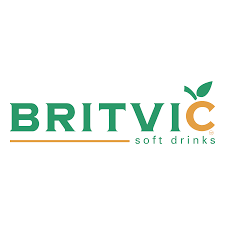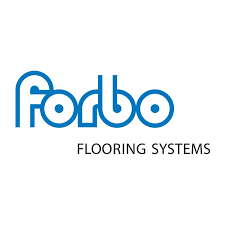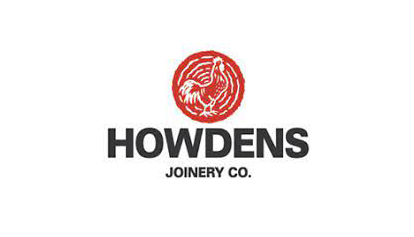
- Details
- Category: Internal Training Academy Support
This Leader Guide sets out training and coaching plans to develop the capabilities of those in Project Team Member, Project Leader and Project Governance roles so that they are able to deliver better projects faster.
Project success depends on the ability of project stakeholders to solve problems, avoid risks, and take decisions that deliver lasting value.
To do that those in Project Team Member, Project Leader and Project Governance roles need to be able to:
- Create superior specifications,
- Collaborate with vendors and contractors to deliver them,
- Manage and prevent project risks,
- Discover latent problems early when they are cheaper to fix,
- Develop new insights to deliver additional project value,
- Deliver flawless operation from day one,
- Optimise new operations.
Foundation Learning Topics
To establish a shared outlook across functions and ensure a smooth path to Day 1 operation, the following training topics should be built into live projects:
- The Project Route: Understanding where the key decision points are and how to surface and manage project risks at each project step.
- Design Delivery: Getting high-level and detailed design tasks right from the outset.
- Factory Readiness: Developing realistic and owned delivery plans.
- Operational Change: Building in the capabilities needed to become self sufficient after handover.
- Project Mindset: Strengthening collaboration, leadership and decision-making under uncertainty.
Project Governance Topics
To assure compliance with best practices and assure alignment with business outcomes. Topics include:
- Project resourcing: Designing, mobilising, and supporting capable capital project teams,
- Performance drivers: Understanding equipment functionality, hidden losses, skill gaps, and lifecycle costs,
- Standards and checklists: Applying proven frameworks for optioneering and delivery,
- Cost modelling: Using Life Cycle Cost (LCC) tools to support investment decisions.
Project Team and Operational Leader Topics
These focus on ensuring factory readiness and vertical start-up:
- Developing project plans: Milestone planning, setting exit criteria to define project quality plans.
- Using project quality plans: Carrying out witnessed inspection
- Project links with other business processes: Capex, PMS, QA, Documentation, Risk management, Legislation
- Developing collaborative plans: Action mapping for project scope definition and vendor induction
Outcome
The outcome is faster, more reliable project delivery—achieved through the systematic development of internal capabilities. This not only improves project performance, it builds a stronger, more self-sufficient organisation.








